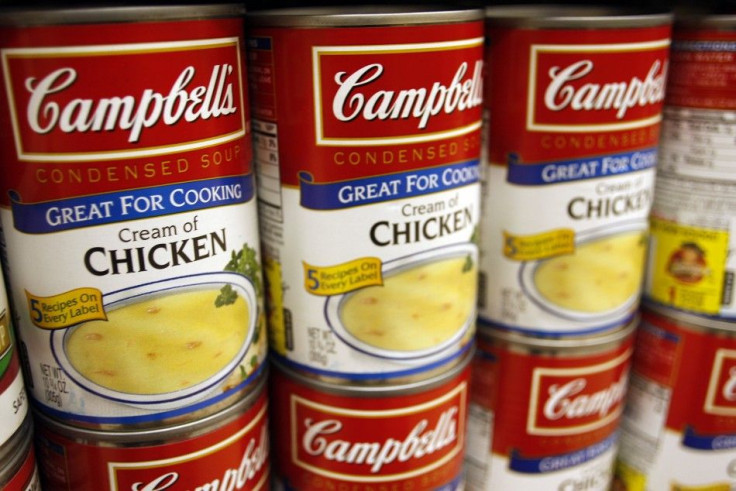Truth About Packaged Foods Manufacturers Never Want You to Know

It will be an understatement to say consumers are being constantly fooled by packaged food manufacturers. Though many read the ingredients list and calorific content printed on the package, people tend to overlook unpronounceable chemicals' names and be content if there is relatively less sugar and calories.
But more often than not, an unpronounceable name on a food package is your short cut to ailments, including mood swings, diabetes, cancers, heart diseases, hormone imbalances and neurological disorders. Though U.S. Food and Drug Administration (FDA) regulations are in place, manufacturers have found their way to beat the restrictions and to earn more RDI (Reference Daily Intake or Recommended Daily Intake) points.
If you religiously follow veganism and have substituted milk products with soy products, there are chances that you are still consuming cow milk proteins found in widely sold "soy cheese" items. The label simply says "casein", instead of "cow milk protein" and the ignorant ones are easily duped. While casein doesn't really count as harmful, manufacturers also give certain beautifully crafted names to highly synthesized toxic substances to save consumers from freaking out reading the labels!
Major Shockers:
Mike Adams, of NaturalNews.com has posted an article titled "What's really in the food? The A to Z of the food industry's most evil ingredients" which lists names of harmful substances found in packaged food. Here are the major shockers which most people won't know:
1. Did you know that manufacturers are not required to mention the names of ingredients which happen to be in the food "unintentionally"? Acrylamides, carcinogenic toxins formed when carbohydrates are subjected to high temperatures (during grilling, baking, frying) are found in widely consumed packaged foods including bread crusts and chips but you will never find that name on label simply because those who made them didn't intend it to be there.
2. "Blueberries" used in muffins and breads always look colorful and impart a "healthy organic feel" to the food. But an automotive industry chemical, Propylene Glycol, when combined with artificial colors and corn syrup form the fake blueberries used in baked products.
3. Carcinogenic chemical Sodium Nitrite, which U.S. Department of Agriculture (USDA) once tried to ban due to its high toxic value, is still being used in almost all processed meat products. This alleged poison which makes meat looks fresh, is a notorious cause for critical cancers, and ailments in children.
4. Regulators require manufacturers to list the most prominent ingredient first in the label. In many cases "undesirable" substances like sugar will be most prominent comprising more than 50 percent of the package. Most probably consumers will keep the packet back on shelf if the breakfast cereal listed Sugar first followed by Whole Wheat. This is why food companies break down the total sugar percentage and list them under names meant to conceal sugar content. For instance, breakfast cereal might read: "Whole grain wheat, sugar, corn syrup, corn syrup solids..." In reality high sugar value of corn syrup and corn syrup solids are not added to the "just sugar" percentage.
5. Ingredients manufactured from Genetically Modified Crops are not listed so, on labels. GM crops are linked to infertility problems and many other ailments but because of GM food companies' resistance consumers are kept in dark.
Food colors, homogenized milk, vegetable proteins, Sucralose, Aspartame, Yeast extracts etc are some of the most widely used ingredients with potential to wreck havoc on your biological system either by long term use or as immediate illnesses.
© Copyright IBTimes 2024. All rights reserved.












